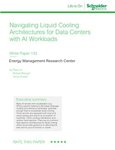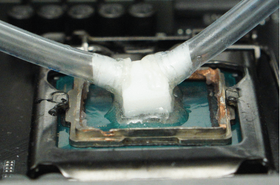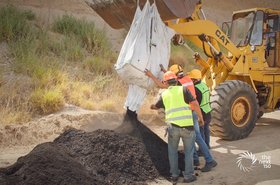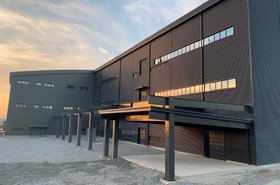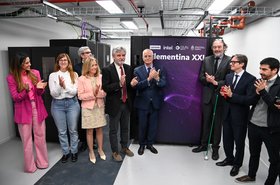The Brazilian Government has outlined new measures to reduce energy consumption by federal agencies amid energy shortages caused by droughts.
Among the requirements, the decree says data centers should only cool data rooms “to the limit of what is technically necessary.”
In a new decree issued this week, President Bolsonaro outlines steps government bodies must take around the reduction of electricity consumption.
“The bodies and entities shall seek to reduce electricity consumption in the months of September 2021 to April 2022 in a percentage of ten to twenty percent in relation to the average consumption of the same month in the years 2018 and 2019,” according to the decree.
Severe droughts in Brazil are impacting the country’s hydroelectricity capacity – which accounts for around 65 percent of the country’s energy – as its reservoirs dry up. The country is reportedly increasing its imports of Liquid Natural Gas as a stop-gap.
Reuters reports the Government is hoping to reduce the country’s energy use by up to 10 percent – around 7,000MW – through various measures in order to avoid energy rationing.
In relation to data centers, the decree states that data processing centers must keep the rooms “cooled only to the limit of what is technically necessary.”
Air conditioning equipment should be dimensioned according to the size of the environment; lighting in places not used must be switched off; electronic equipment including computers, monitors, printers should be set to consume the least amount of electricity possible when not in use after a few minutes.
The Government said agencies should provide access to systems directly from the cloud, in order to allow the shutdown of workstations in cases of remote work.
“If there is no possibility of making the cloud system available for remote work, arrange for the disconnection of monitors and other accessories from the sockets, in order to guarantee only the computer's operation.”
The decree also requires agencies to buy the most energy-efficient equipment, follow energy efficiency standards for new or renovated buildings, and perform preventive and predictive maintenance on equipment.

